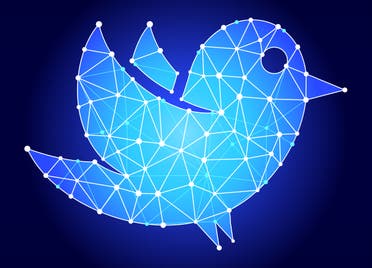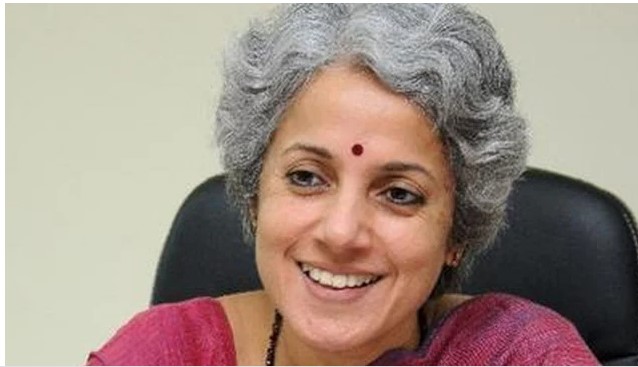Elon Musk has always loved the letter X so much that he shares the letter with most of his businesses, and now he’s killing Twitter’s iconic trademark: the bluebird in favor of the letter X, in an effort to turn his $44 billion acquisition into something that really belongs to him.
Critics see Musk’s vision of X as something akin to China’s WeChat, a massive app that people can use to entertain and buy goods and services online, as well as post updates and message their friends.
Musk’s announcement to change the application’s logo came after months of erratic behavior by the world’s richest person, which led to the reluctance of some users and pushed advertisers away from the application, which left Twitter in a troubled financial situation and increasingly vulnerable to competition.

Killing a popular online brand is “extremely risky,” says Forrester analyst Mike Proulx at a time when rival apps like the new Instagram Thread and smaller startups like Bluesky are luring users.
Proulx added to the American network “CNBC” that Musk “single-handedly eliminated the famous brand from our cultural lexicon over the past 15 years.”
Observers believe that changing the logo is not an entirely surprising move, as Musk has already converted the Twitter company name to X Corp, to be a subsidiary of X Holding Corp, as revealed in a lawsuit in April.
Musk said last October, prior to buying Twitter, that he saw the $44 billion deal as “accelerating Create X and it’s the application of everything.”
The letter X features prominently in the name of Musk’s space rocket company, SpaceX. More than two decades ago, X.com was the name of Musk’s payments company, which eventually became PayPal through its merger with then-rival.
Name changes have become fairly common among large web companies, as Facebook turned into a meta in late 2021, and Google adopted the name Alpha Bit. However, these parent companies whose names were changed retained the brand for their basic services.
For her part, Linda Iaccarino, who was appointed by Musk as CEO in May, said in an email to employees, Monday, that the company “will continue to delight our entire community with new experiences in voice, video, messaging, payments and banking services, creating a global marketplace for ideas, goods, services and opportunities.”
Proulx says Musk’s desire to turn X into a super app required “time, money and people,” which Twitter “no longer has.” Earlier this month, Musk admitted that Twitter had suffered a 50% drop in ad revenue.
Some advertisers have become concerned about promoting their products on Twitter due to reports showing a rise in hate speech and racist and offensive comments on the platform, as documented by many civil rights groups and researchers.
Musk tried to offset some of the decrease in ads through a premium subscription service at $8 per month, as the company would need tens of millions of subscribers to make up for the losses.
Insider Intelligence analyst Jasmine Enberg said in an emailed statement that the name change marks “a bleak day for many Twitter users and advertisers” and “a clear sign that Twitter as well-known for the past 17 years is gone and won’t come back.”
“Renaming Twitter is a reminder that Musk, not Thread or any other app, was and likely still is the Twitter killer,” Enberg wrote.




